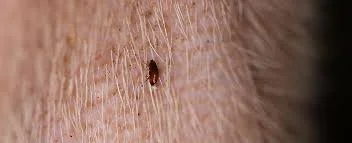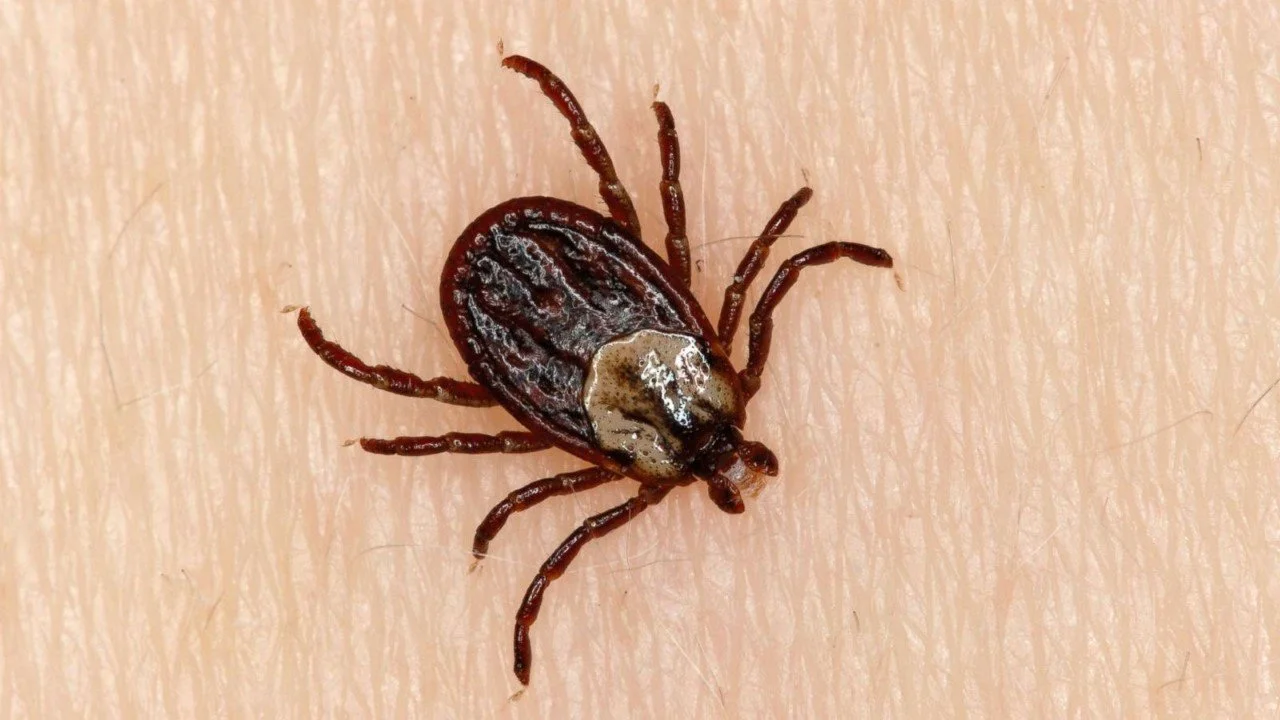
WCAH BLOG
Share your story of you and your loved one and read some of ours!
We will be posting some of the memories you send us of you and your furry friends on our blog. This can be any memory or fun trip you take, try it out and check out others!
You can also email us pictures to communications@wcah.org
Blog posts below!
OLLIE
My sweet Ollie had an ultrasound in Franklin, TN at Williamson Animal Hospital because he was diagnosed with pancreatitis. The ultrasound showed that he had a mass in his liver and down his spleen. I was shocked.
Dr. Forrest Reynolds, decided that we should remove the tumor. My vet in AR would not do the surgery. So, we headed back to Franklin to have the surgery. He removed the mass entirely as well as his spleen. The first night was really bad. I thought that I would loose him. The next day I picked him up with the suggestion from Dr. Forrest that we had to stay in Franklin for several days before heading home. Tomorrow (10 days later) the staples will be removed! Ollie is back to his normal sweet self.
Dr. Forrest just called with the news that the mass was in fact Cancer. The spleen results are not totally back yet but look positive. The Cancer was in the center of the mass. He thinks that he got it all.
I am amazed at how strong Ollie (5lbs) has been and has the will to live. My heart felt thanks to Dr. Forrest and his team! They are absolutely the best in class in every way.
You may have seen in the media that Middle Tennessee has seen an increase in the number of dogs with respiratory symptoms with Canine Influenza being a concern. Canine Influenza is an infectious respiratory virus with symptoms similar to other infectious bronchial diseases. Although there has been an increase in media coverage about Canine Influenza, the overwhelming number of patients that we have seen have had other infections. As of this article we have had only one confirmed Influenza patient.
Canine Influenza
Things to do to help prevent most respiratory infections:
• Vaccinate if and when possible. (because of the recent increase in cases, canine influenza vaccine may be hard to get).
• Avoid co-mingling (now is not a good time to visit the bark park)
• Ask before boarding if the facility you are using has had any confirmation of infectious bronchitis
• Call or visit your Veterinarian if you pet is exhibiting any respiratory symptoms.
What to do if you dog is showing symptoms?
If your dog is coughing or having upper respiratory symptoms bring your pet in for evaluation. Let us know when you arrive and refrain from bringing you patient in the building until you are called. In certain situations we may examine your pet outside or in your vehicle.
As a result of increased demand, vaccine for Canine Influenza has increased. This has created a vaccine shortage for many clinics including our animal hospital. Please call before you visit to check vaccine availability.
We thank you for your cooperation and understanding during this time. We want nothing but the best care for you and your pets!
Want more information?
Check out the link above for more info and news on Canine Influenza from the AVMA.
Let’s Talk About Ectoparasites.
Flea and Tick Prevention.
There are plenty of different safe and effective ectoparasite prevention products and we want you to be comfortable with the one you use on your pets. We are here for you with any questions you have in selecting the best one for you and your pets.
Although there is never a guarantee that prevention products work 100% of the time and all medications have potential side effects, it is best that your pet is on ectoparasite prevention to prevent serious illnesses flea and ticks can transmit. “An ounce of prevention is worth a pound of cure.”
Here at Williamson County Animal Hospital, we carry a variety of flea and tick prevention products. If we do not have it in house, we can ship them directly to your front door with our online pharmacy. We want nothing but the best care for you and your pet, if you have any questions, you can call us or come in for a visit to talk about flea and tick prevention/treatment.
Fleas and ticks can transmit multiple diseases to your pets, such as Flea Allergy Dermatits, Tapeworms, Anemia, Bartonellosis, Lyme Disease and more.
The image above is a flea on a dog.
https://nexgard.com.au/parasites/fleas
The image above is a flea.
https://www.beproactivepestcontrol.com/blog/post/how-dangerous-is-it-to-have-fleas-in-my-tracy-home
The image above is a tick.
https://abcnews.go.com/Health/tick-paralyze-person/story?id=55805810
- Flea Allergy Dermatits (FAD) is an allergic reaction to a flea bite, that causes alopecia (hair loss), skin pain, skin cracking and hyperpigmentation of the skin and intensive scratching. If FAD is left untreated it can cause secondary skin infections.
- Tapeworms are intestinal parasites that live and mature in the intestine of the pet and are transmitted by fleas. Although they often are not life threatening, they do cause discomfort and you might notice them scooting or scratching their rear end more often.
- Anemia occurs when there is not enough hemoglobin or red blood cells being produced. This causes weight loss, labored breathing, loss of appetite, fast heart rate, or signs of blood loss.
- Lyme Disease is transmitted after a tick bite, through the bloodstream and targets kidneys and joints. Symptoms of Lyme Disease include swollen lymph nodes, joint swelling, fatigue, and loss of appetite.
Note from Elanco on Seresto collars:
Dear Customer:
We wanted to provide an update on some misleading news headlines regarding Seresto®. Elanco CEO Jeff Simmons appeared before the House of Representatives Subcommittee on Economic and Consumer Policy on Wednesday, June 15, to share the facts about Seresto. A resulting USA Today article suggested the product should be removed from the market.
Importantly, there is no evidence in the scientific evaluation conducted for registration purposes or in the regularly reviewed pharmacovigilance data to suggest a recall of Seresto is warranted, nor has one been requested, or even suggested, by any regulatory agency. The U.S. Environmental Protection Agency is the regulatory body that has jurisdiction over the recall of pesticide products like Seresto. Elanco continues to unequivocally stand behind the safety profile of Seresto. It remains available to consumers in the United States and more than 80 countries around the world as an effective way to protect pets against fleas and ticks that can negatively impact quality of life and even transmit deadly disease.
We want to reinforce a few key points:
Seresto was approved by the Environmental Protection Agency based on the results of more than 80 safety, toxicity, and efficacy studies.
Incident reports are collected and reported without regard to actual causation by the product, providing a raw number starting point which must be further evaluated using an internationally accepted standard method of scientific analysis. Based on those analyses, our pharmacovigilance team has not identified any deaths caused by Seresto’s active ingredients.
With more than 33 million collars sold in the U.S., incident reports (most of which involve minor or moderate incidents) represent an extremely small proportion of the Seresto collars in use.
While all products carry some risk of side effects, the risk posed by Seresto is not unreasonable, which is why the American Veterinary Medical Association has opposed canceling Seresto’s EPA registration.
The benefits of Seresto are significant. It provides eight months of continuous, affordable coverage for families against fleas and ticks, which can carry serious and potentially fatal diseases, like Lyme Disease and Rocky Mountain Spotted Fever. The incidence of these tick-borne diseases is on the rise -- CDC estimates approximately 500,000 human cases annually. Seresto offers a much-needed, cost-effective option for protecting pets and people.
If you’d like more detailed information about Seresto and its safety, you can refer to our written testimony as provided to the Subcommittee here or contact your Elanco representative. We appreciate your continued support of Seresto and Elanco.
Sincerely,
Bobby Modi
Executive Vice President
Grateful
By Dr. Forrest Reynolds
It was the summer of 1980 when I first stepped into Williamson County Animal Hospital. Although I had been working on a dairy farm since the age of 12, I had never been in a “Vet Clinic”. I had been around veterinarians like T.K. Jones and Ray Gathman when they would come out to the farm but never had I gone to them. This time I had no problem or pet for that matter. I was 18 years old and I wanted a job. Dr. Paul Vaden interviewed me first and I recall that even though I was nervous it went pretty well. I had to return however to interview with his partner Dr. Donnie Headrick, since Dr. Headrick was out on a farm call during my first visit. At the end of the process it must have gone well enough because I’ve been there in some capacity ever since. I like to say that “WCAH was my second job” (I did work one year as a Veterinarian in Jefferson City Tennessee for Town and Country Animal Hospital while waiting for my new bride, Dr. Judith Roberts Reynolds DVM to graduate in 1986-1987).
Through the years I have seen the clinic and the community change. What once was a country hamlet with an agrarian feel has turned into the “hot” place to live just south of Nashville. One thing has remained the same however, WCAH is family. Not only is a special place to bring your pet for your veterinary needs, it is an equally special place to work.
Recently I was privileged to present Dr. Headrick with the TVMA’s Lifetime Achievement award. This is an award given to a Veterinarian that has for at least 30 years, “Generously advanced” the Tennessee Veterinary Medical Association, the Veterinary community and the profession. Although he has retired Dr. Headrick has not only met those requirements, but far exceeded them. Those of us that have had the privilege to work with him know that he not only advanced the profession but did it in a manner that made it enjoyable.
At the very same awards ceremony I was also given the opportunity to present Dr. Shaun Reynolds the “Outstanding Practitioner Award”. Dr. Shaun is not only my youngest brother but my business partner as well. I know his “heart”. Shaun loves people and their pets and in my humble but bias opinion, was more than deserving of the accolade.
From left to right; Dr. Donnie Headrick, Dr. Forrest Reynolds, and Dr. Shaun Reynolds
Dr. Headrick, the Lifetime Achievement Award Recipient, Dr. Forrest Reynolds, the new TVMA President Elect, Dr. Shaun Reynolds, Practitioner of the Year Recipient.










